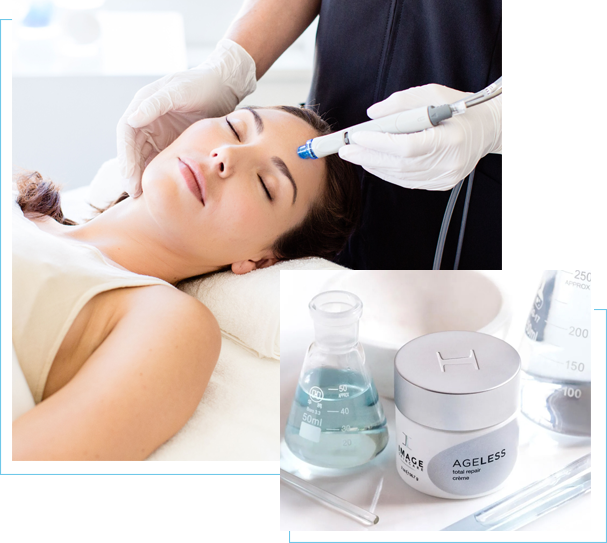Is going to school, hanging out with friends, or even just leaving home a hassle because of your skin?
Frustrated with acne treatments that just don’t work?
Familiar story?
Dealing with Teenage Acne
Nearly 100% of teens will have some acne at some point. Sometimes it is just occasional breakouts, sometimes it is severe chronic acne. There is no doubt about it that teenage acne puts a damper on social life and affects self-esteem. Clearly, it causes physical scarring- we all know someone who has severe acne scarring on their face. The emotional and psychologic impact is also tremendous, but sometimes not as easily appreciated until successful treatment brings acne to an end and both parents and patient see the difference. Teenage acne doesn’t need to be a “right of passage” anymore.
Acne Solutions
When treating teenage acne, it is essential to tailor treatment to the type of acne present. There is not a one-size fits all treatment approach. Available treatments include a variety of topical and oral medications that can be combined for dramatic results. Diligence is key, and there are many newer medications that help make this part of the treatment program a lot easier. For severe cases, oral isotretinoin remains the most effective treatment, but requires careful monitoring.
Teenage Acne can be a moving target
Teenagers live fast paced lives and every day is different. Teenage acne tends to be like that as well. It is not at all unusual for acne to change in terms of severity, types of lesions, and body areas affected during the teenage years. This means that treatments may need to adapt and change as well.
Be patient and persistent during the ‘Trial-and-Error’ Phase of Acne Treatment
Once a treatment plan is selected, its important to stick with it. If side effects become an issue, you should follow up or call for advice. It may be necessary to change the regimen. It’s also key to give treatments time to work. Nothing will make acne go away overnight. It takes time. Many prescription treatments will also make acne get a little worse before it clears up. This can be discouraging, but the better response is to tough it out in order to reap the benefits just around the corner.
The truth about Teenage Acne and food
Myths about acne persist. Everyone has heard that you get acne from chocolate or greasy foods. The fact is that that theory is complete garbage.
Every now and again some small very poorly done study makes news because it found some connection between diet and acne. What never makes the news is the larger study that shows no connection. There is no convincing evidence that chocolate, pizza, or greasy foods cause acne. The most convincing studies out there showed that drinking a lot of milk or having a carbohydrate rich diet both made acne about 20% worse. It would seem that the best you can do with dietary changes is to make your acne about 20% better. Most of my patients want their acne to be 100% better.
Do’s and Don’ts
Don’t Over-wash Your Face.
Dirty skin has nothing to do with acne. An obsession with cleaning and use of abrasive cleansers will make the skin far more irritated and will make mild acne worse. Makeup, sweat and grease can act as irritants that make acne worse, but the key is to remove them in the gentlest possible way.
Don’t pick.
Ok, ok, if a whitehead comes out easily, I’m not going to discipline anyone. The problems from picking come when there is trauma to the skin involved. Some people scratch at their lesions, which tends to just leave scars. And if you have to squeeze hard to pop a lesion, its very likely that it will also rupture underneath the skin which causes an inflammatory reaction that takes months to subside.



